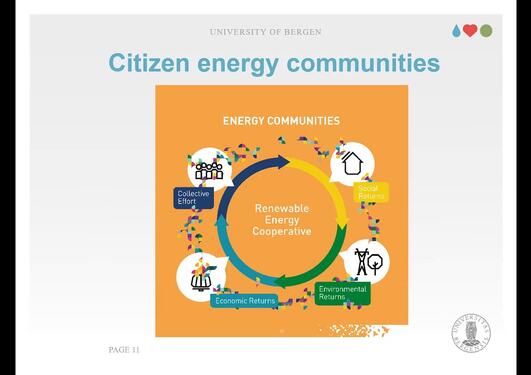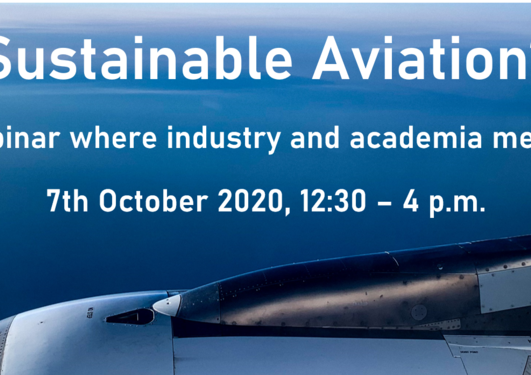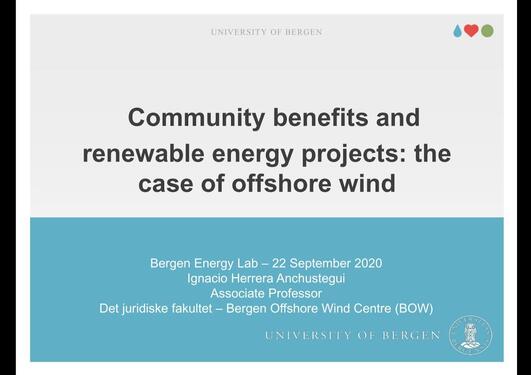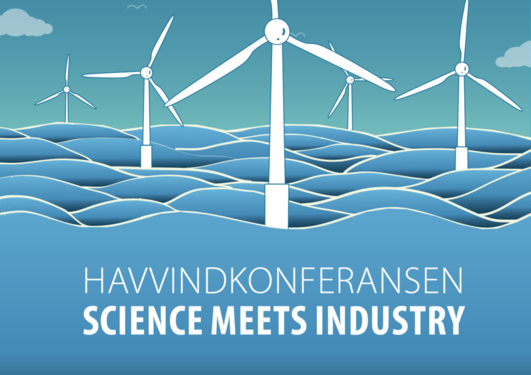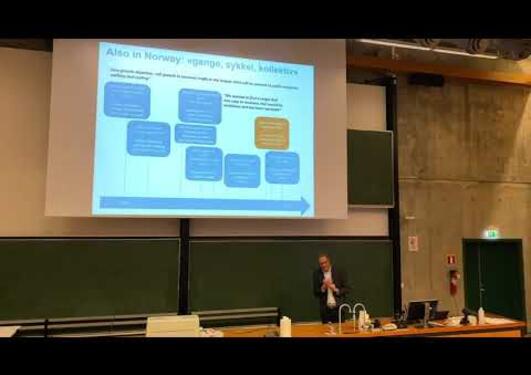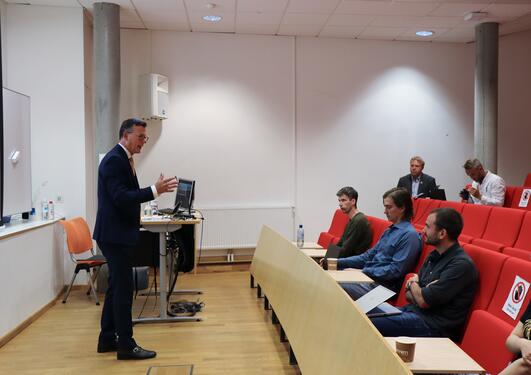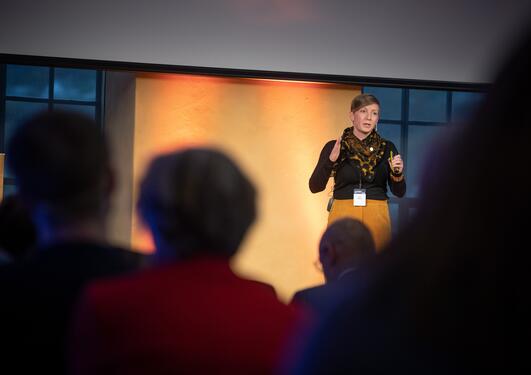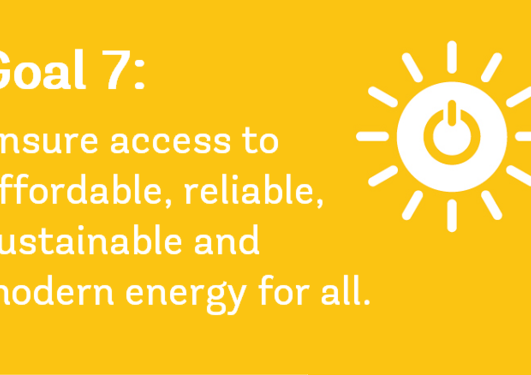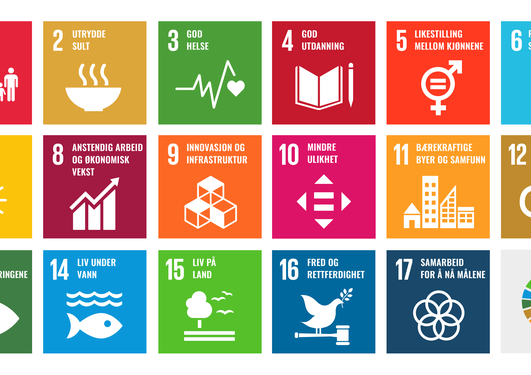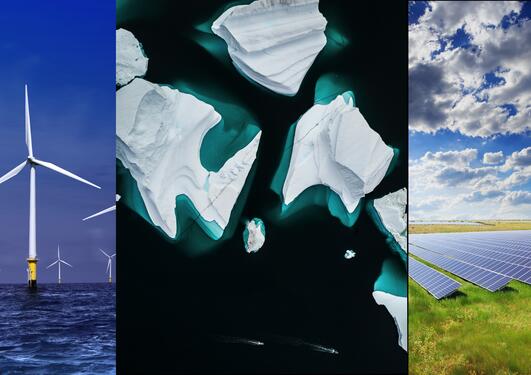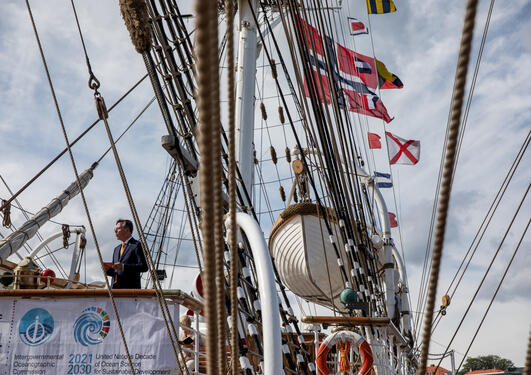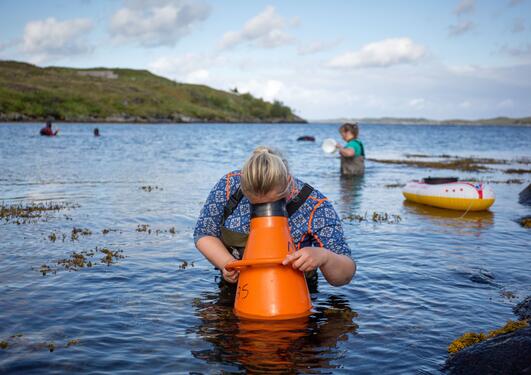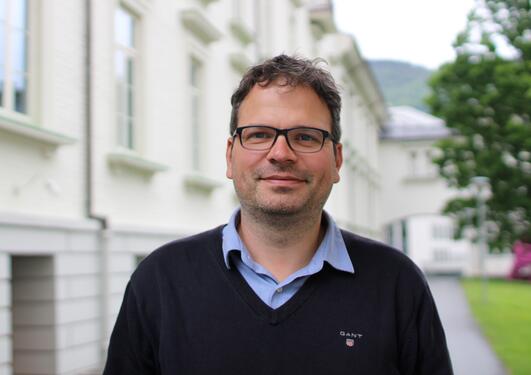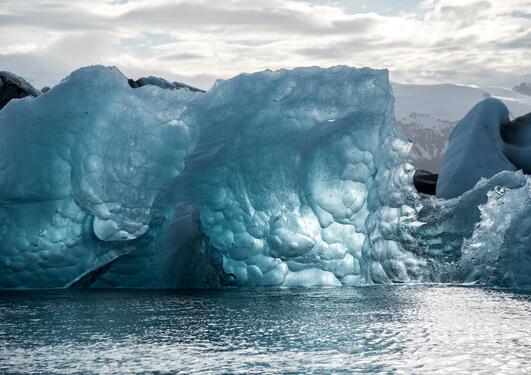News archive for Climate and energy transition
The launch at the University Aula concluded with two large panels representing the diversity of scientific milieus tackling global challenges in Bergen. Together they will work to make Bergen the place of choice for students seeking knowledge and skills to help solve global challenges.
In this webinar we looked at flexibility challenges in the local electricity grids, potential solutions to these challenges, as well as features and implications of the regulatory framework that applies to the sector. Watch it here!
'Sustainable aviation?' was the third in a series of transport related half day seminars considers the topic of a more sustainable future for aviation Check out the presentations from the seminar here!
Watch here: Community benefits and renewable energy projects: the case of offshore wind (29.09.2020)
In this webinar Ignacio discussed different models of community benefits required by governments or voluntarily granted by companies concerning offshore wind projects, and discuss up to what extent the fact that wind farms are located more and more outside the coast might alter the traditional perception of community benefits for renewable energy projects.
Due to the recent developments in the COVID-19 situation in Bergen it was decided that there will be no physical conference in Bergen on 29 September 2020. The program for the Science Meets Industry conference will be split in two parts, with the first part being a webinar on Hywind Tampen!
Did you miss the Just Mobility Transitions (JUSTMOB) seminar on September 3rd? No need to worry!
Temperature in the Southern Ocean was more tightly linked to the extent of Antarctic glaciation during past greenhouse climates than previously thought.
NorRen Summer School invites participants from a wide spectre of disciplines, this year focussing on flexible energy systems.
A new initiative has been launched at the University of Bergen to strengthen critical thinking on the Sustainable Development Goals (SDGs) as part of the university's education.
Renewable energy - we conduct world-leading research and educate tomorrow’s scientists! (07.07.2020)
Historically speaking, energy usage and economic prosperity have been closely linked.
The world must become more energy efficient and in a few decades, we will have to switch from fossil fuel to renewable energy in order to reach our climate goals.
Our research communities play a vital role in generating knowledge to be used in assessing the overall effects and consequences of actions and behaviors, and to identify and suggest knowledge-based solutions for sustainable climate, business, and societal development.
The objective of the Ph.d-projects is to help solve societal challenges related to climate and energy transition and to increase and strengthen research activities within the field.
“The ocean has enormous potential. It's not only that we can, but also because we have to produce more from the ocean if we are to avoid climate change,” said Vidar Helgesen aboard tall ship Statsraad Lehmkuhl on World Ocean Day.
The University of Bergen’s interdisciplinary SDG14 course educates the future ocean science leaders to engage critically with the 2030 Agenda.
Reporting on ocean acidification data directly targeting the Sustainable Development Goals is all in a day’s work for Benjamin Pfeil and his data group at the University of Bergen.
In October 2018 the University of Bergen was given a lead role on SDG14, Life below water, by United Nations Academic Impact. Now the university has been asked to present a four-part series for inspiration on ocean research and education. The UN distributes the series globally.
The new Norway-Pacific Ocean-Climate Scholarship Programme builds on long-term collaboration between two ocean and climate oriented universities, which includes a voluntary commitment at the inaugural UN Ocean Conference.
Near the end of the last ice age, the global sea level rose 12–14 meters in less than 350 years. Most of the meltwater has been thought to have come from North America and Antarctica. A new study shows that the ice over coastal Norway and the Barents Sea may have contributed almost as much.
Pages
- July 2024 (1)
- June 2024 (3)
- May 2024 (1)
- March 2024 (1)
- February 2024 (2)
- January 2024 (2)
- December 2023 (2)
- November 2023 (3)
- October 2023 (6)
- September 2023 (4)
- May 2023 (1)
- April 2023 (5)
- March 2023 (3)
- February 2023 (5)
- January 2023 (10)
- December 2022 (5)
- November 2022 (1)
- October 2022 (1)
- September 2022 (3)
- August 2022 (2)
- June 2022 (2)
- May 2022 (5)
- April 2022 (3)
- March 2022 (6)
- February 2022 (4)
- January 2022 (4)
- December 2021 (3)
- November 2021 (5)
- October 2021 (6)
- September 2021 (2)
- June 2021 (5)
- May 2021 (6)
- April 2021 (4)
- March 2021 (3)
- February 2021 (2)
- January 2021 (2)
- December 2020 (2)
- November 2020 (2)
- October 2020 (2)
- September 2020 (4)
- August 2020 (2)
- July 2020 (3)
- June 2020 (3)
- May 2020 (1)
- April 2020 (2)
- March 2020 (1)
- February 2020 (1)
- November 2019 (2)
- October 2019 (3)
- September 2019 (1)
- August 2019 (2)
- July 2019 (5)
- June 2019 (1)
- May 2019 (1)
- March 2019 (1)
- February 2019 (5)
- January 2019 (1)
- December 2018 (4)
- November 2018 (1)
- October 2018 (1)
- September 2018 (2)
- August 2018 (2)
- July 2018 (2)
- June 2018 (3)
- April 2018 (1)
- September 2017 (1)
- November 2014 (1)

